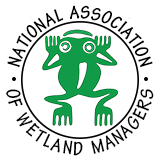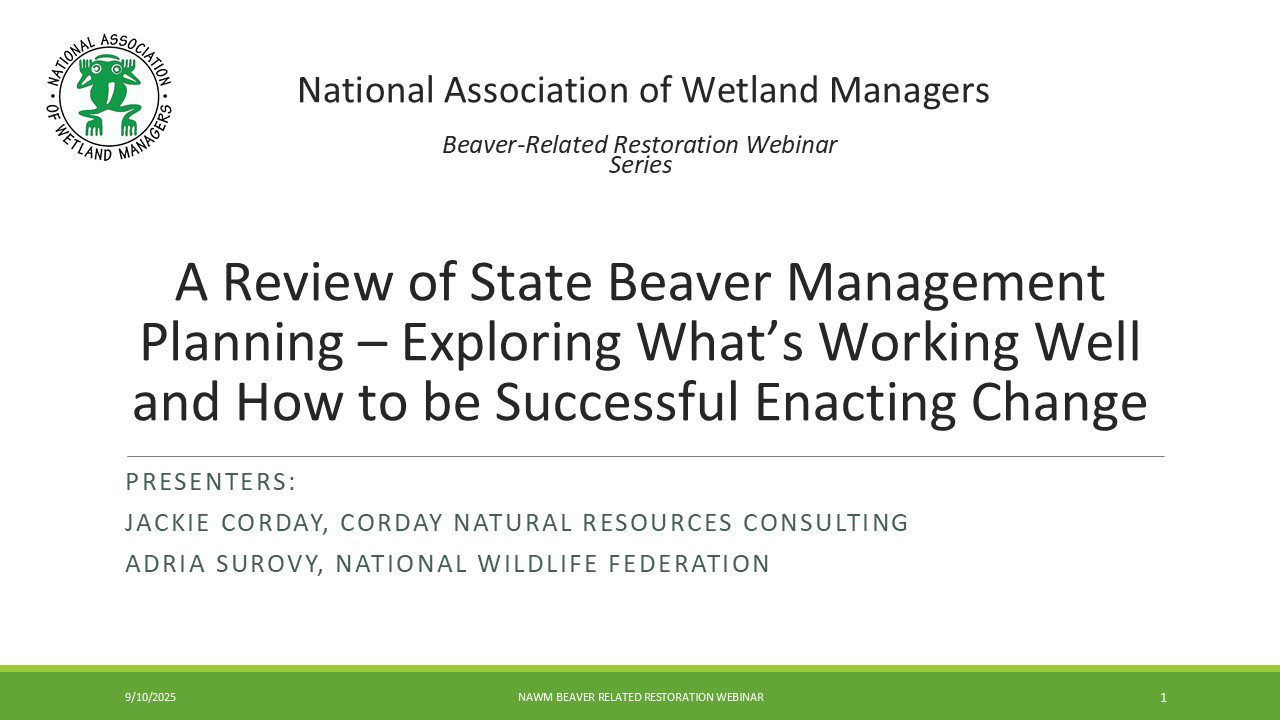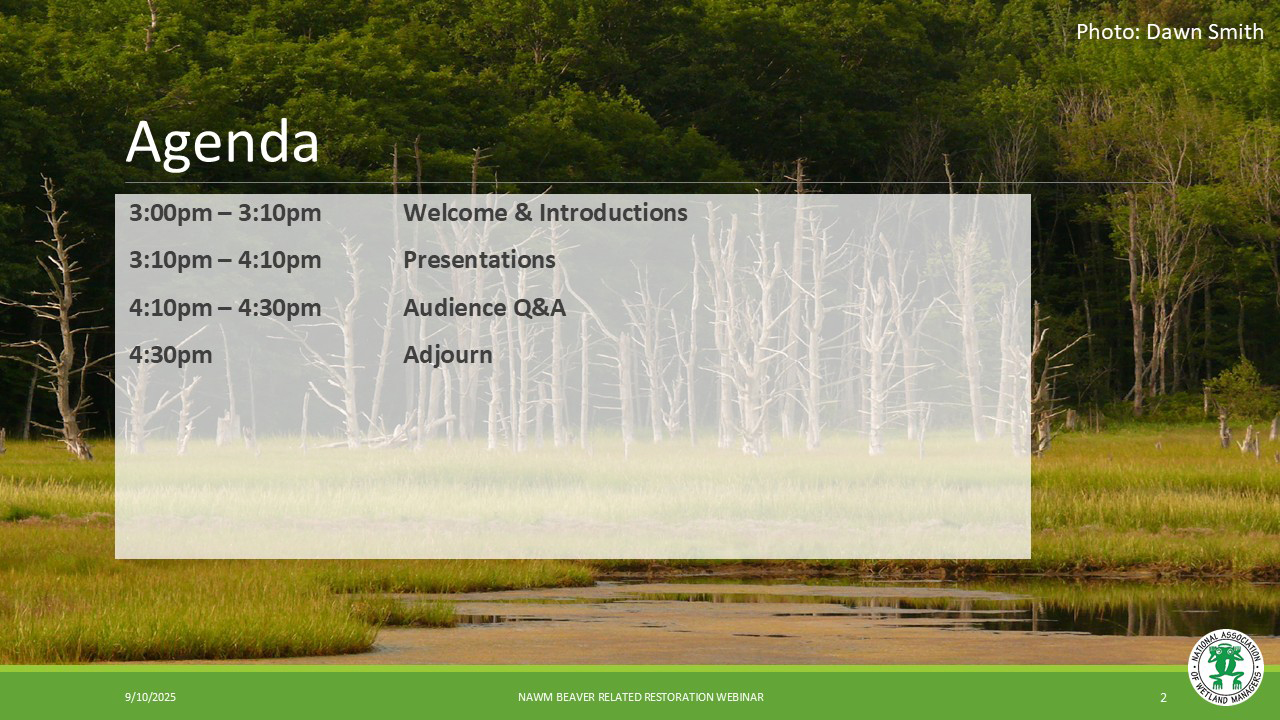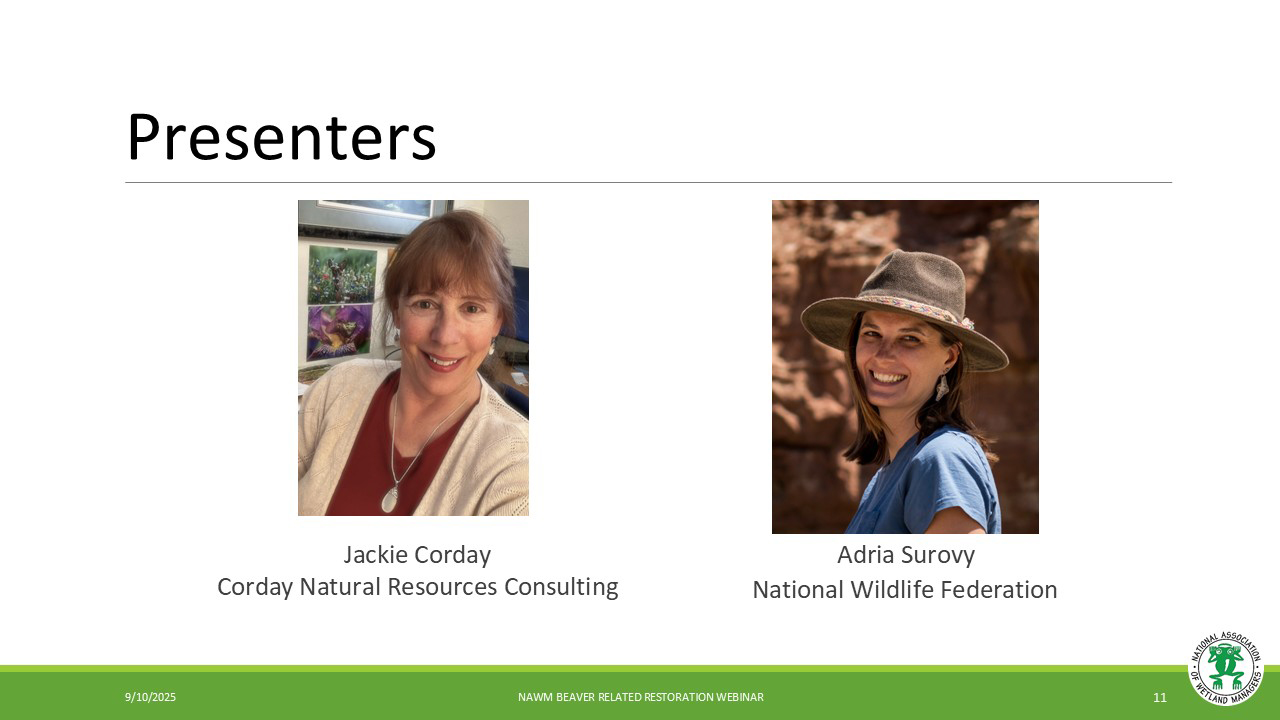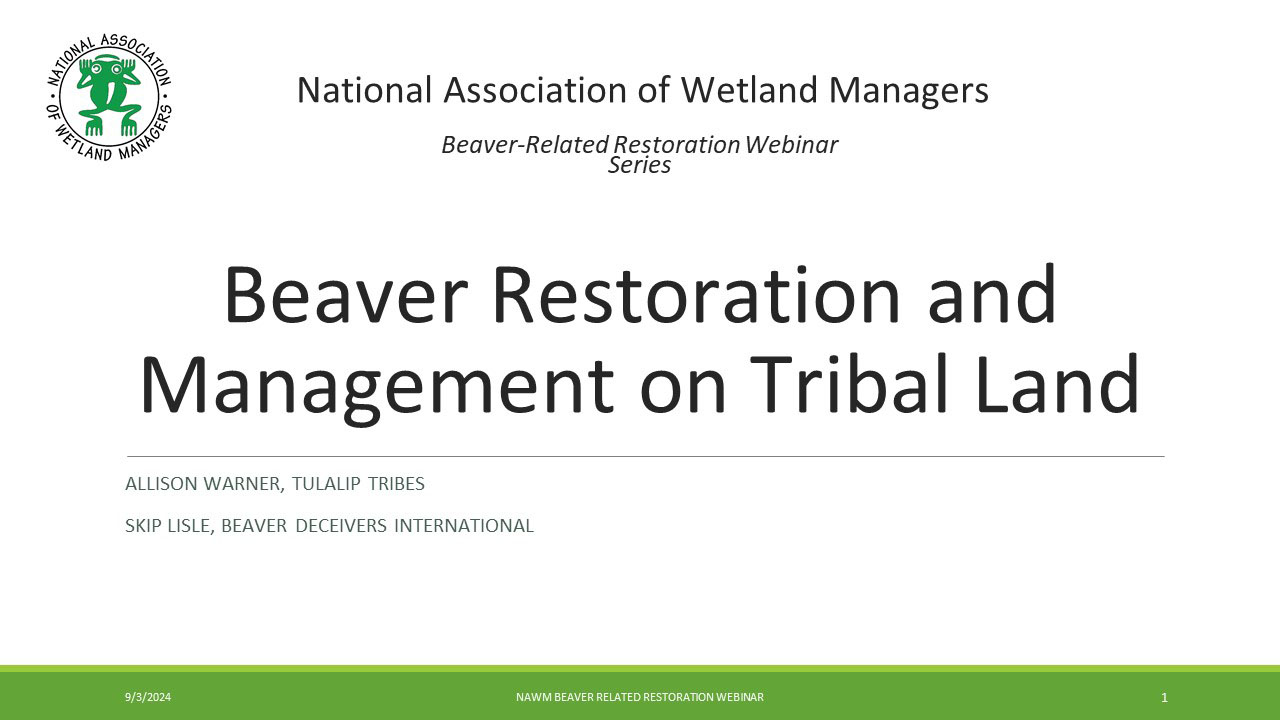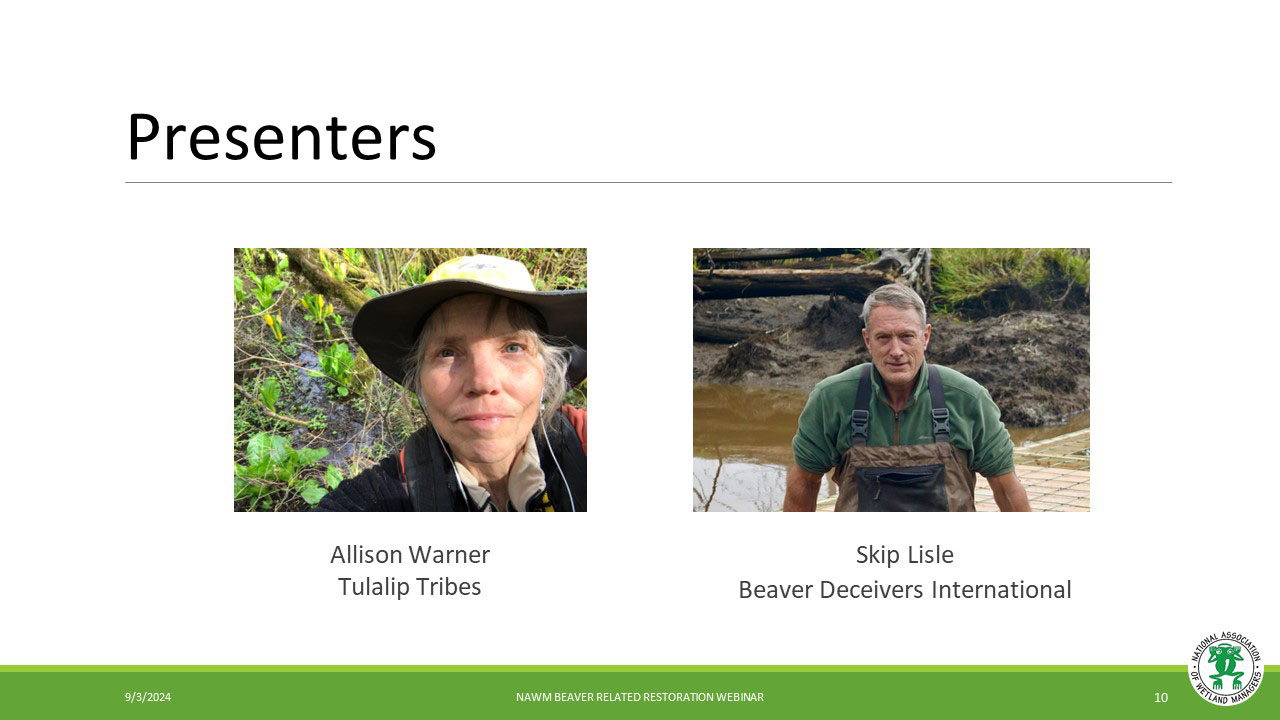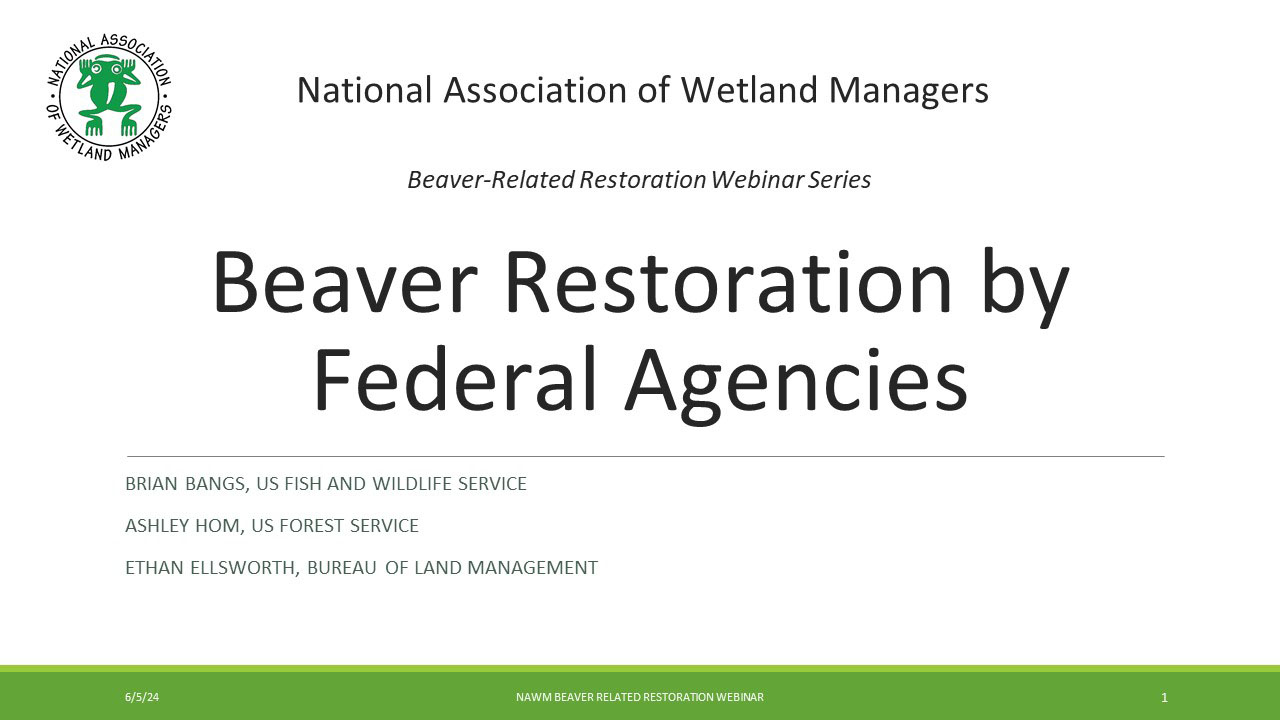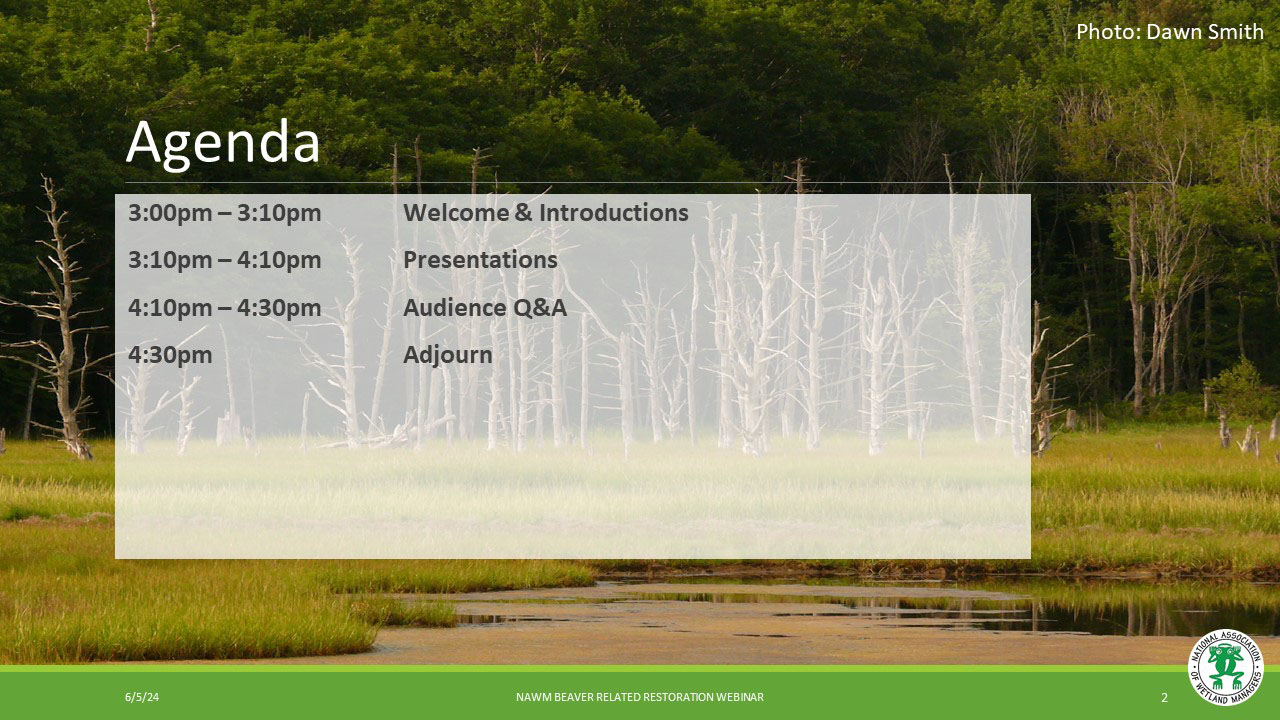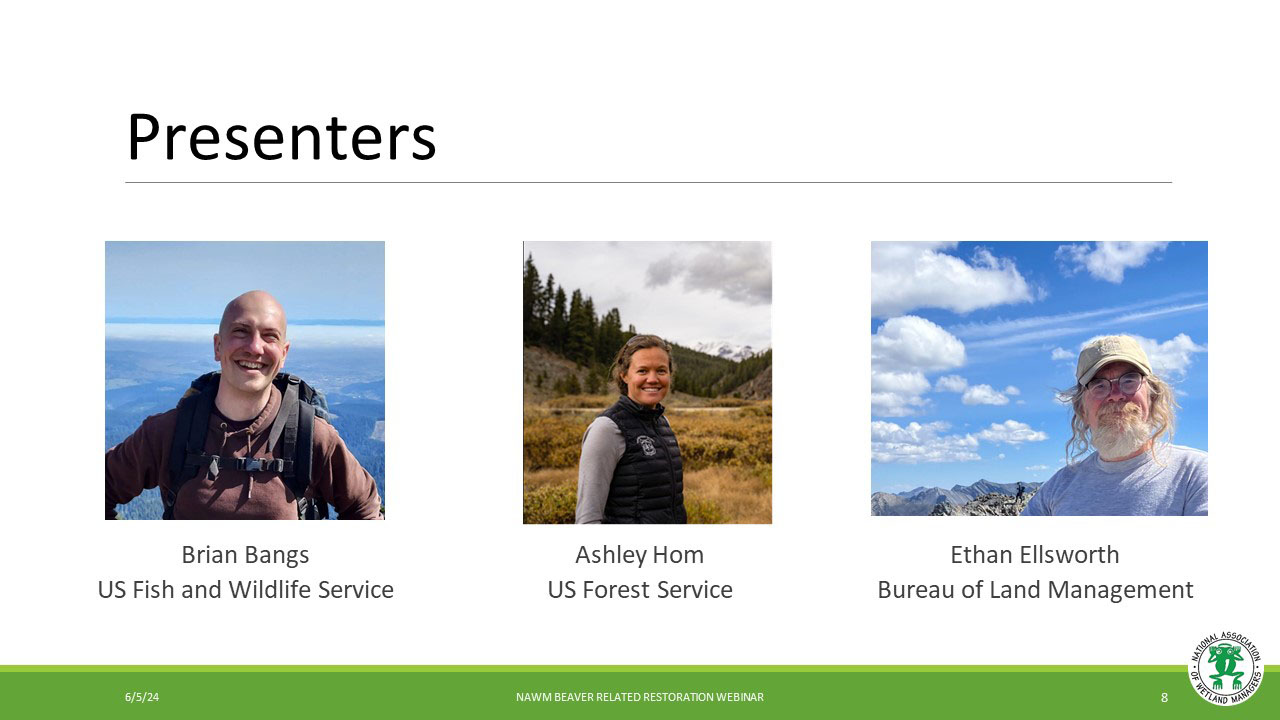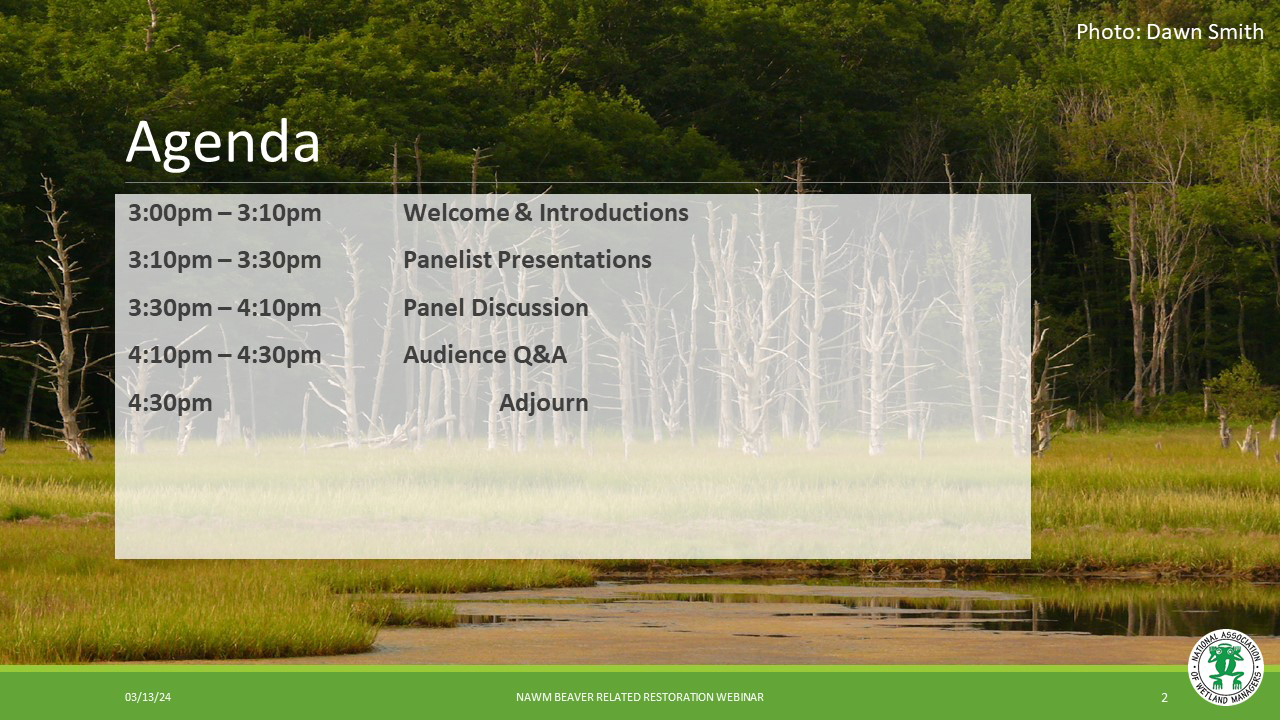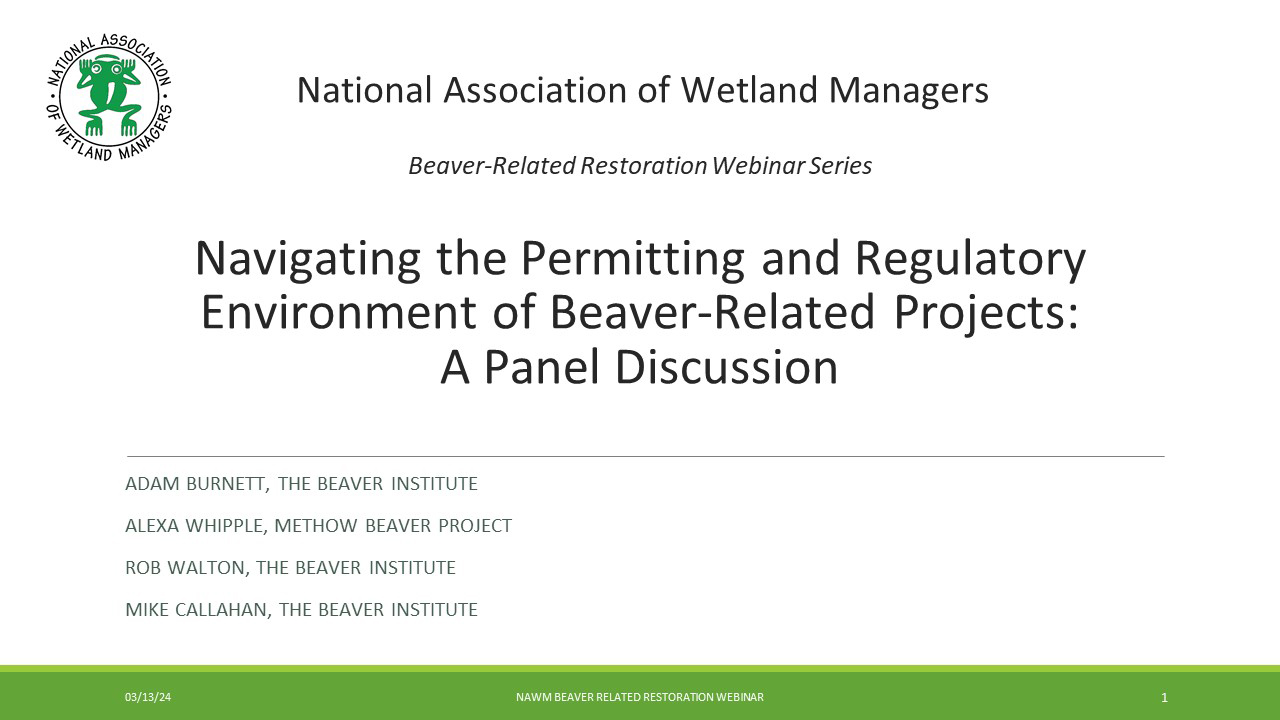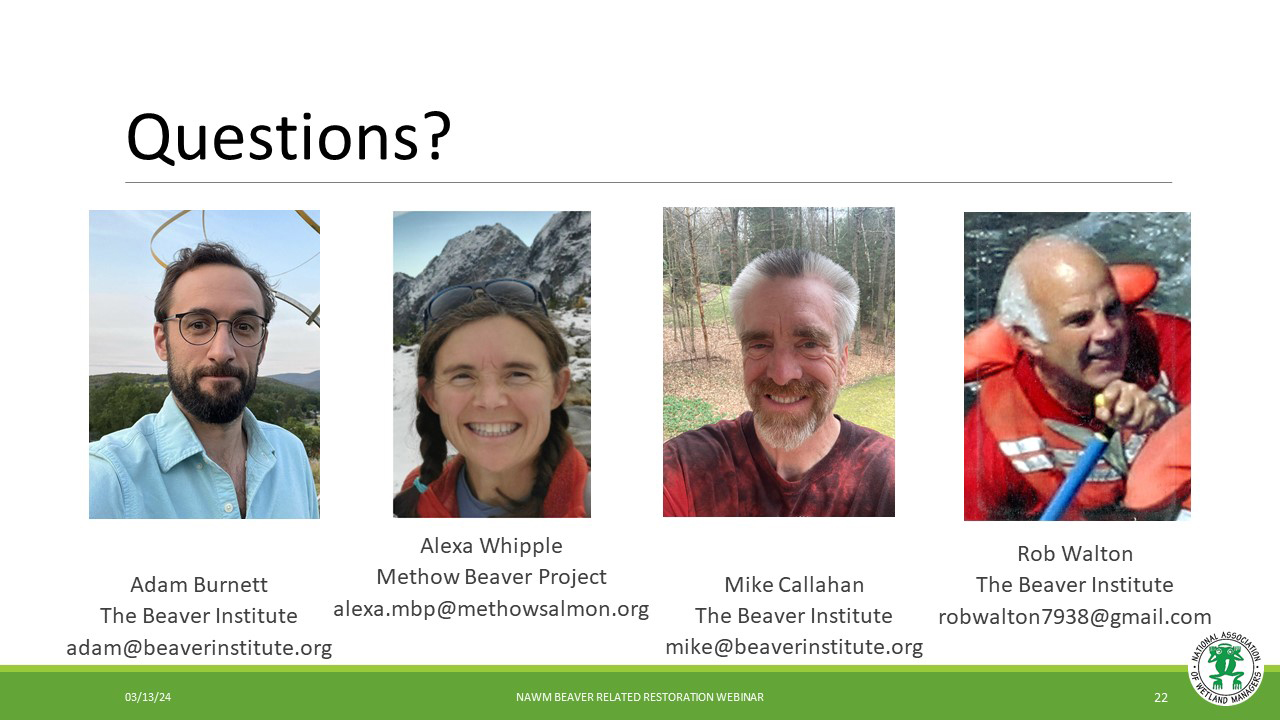A Review of State Beaver Management Planning – Exploring What’s Working Well and How to be Successful Enacting Change
Held Wednesday, September 3, 2025 - 3:00 - 4:30 p.m. EDT
INTRODUCTION
- Ian Grosfelt, National Association of Wetland Managers [Presentation - PDF]
PRESENTERS
- Jackie Corday, Corday Natural Resources Consulting [Presentation - PDF]
- Adria Surovy, National Wildlife Federation [Presentation - PDF]
DESCRIPTION
Previous NAWM webinars focused on the key role of beavers in creating and maintaining thousands of miles of riverine wetlands across the United States. But what can we do to help beavers? Join Jacquelyn Corday, Corday Natural Resources Consulting, and Adria Surovy, National Wildlife Federation, covered the highlights from their report, "State Beaver Management Planning: A review of existing plans and programs with recommended best management practices” and learn how proactive and collaborative planning can support beaver-led restoration.
OBJECTIVE
We hope folks were inspired to utilize the information and best practices to enact positive changes via statewide beaver management plans or programs or update existing practices. Our goal was to address common concerns, review different pathways and approaches, and provide general recommendations for promoting beavers returning to watersheds while also reducing conflict and supporting communities.
BIOS
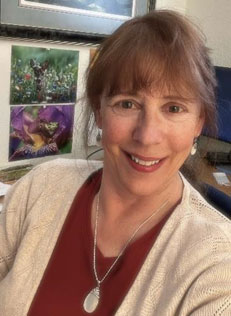 Jacquelyn Corday is a land and water conservation attorney with over 20 years of experience collaborating with numerous local, state, and federal agencies and nonprofits to solve challenges to natural resource issues. She works at the intersection of science, policy, and law, with a particular interest in synthesizing the latest stream/wetlands restoration research to help inform policy. She's the co-founder and co-chair of the Colorado Healthy Headwaters Working Group and the Riverscape Restoration Network (which has over 350 members from the Western States).
Jacquelyn Corday is a land and water conservation attorney with over 20 years of experience collaborating with numerous local, state, and federal agencies and nonprofits to solve challenges to natural resource issues. She works at the intersection of science, policy, and law, with a particular interest in synthesizing the latest stream/wetlands restoration research to help inform policy. She's the co-founder and co-chair of the Colorado Healthy Headwaters Working Group and the Riverscape Restoration Network (which has over 350 members from the Western States).
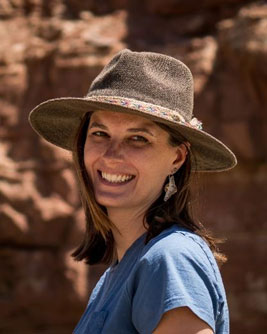 Adria Surovy studied wildlife conservation & management at the University of Arizona with a graduate certification in GIS. She worked for over a decade in local government, including a public water utility, on regional and state planning for water conservation and resources. Her interests include planning and building new programs; instituting data-driven policy changes grounded in real-world experience; and tracking program and policy efficacy through geospatial storytelling. Adria now works at National Wildlife Federation on the Western Waters team as a Senior Specialist.
Adria Surovy studied wildlife conservation & management at the University of Arizona with a graduate certification in GIS. She worked for over a decade in local government, including a public water utility, on regional and state planning for water conservation and resources. Her interests include planning and building new programs; instituting data-driven policy changes grounded in real-world experience; and tracking program and policy efficacy through geospatial storytelling. Adria now works at National Wildlife Federation on the Western Waters team as a Senior Specialist.

Beaver Restoration and Management on Tribal Land
Held Wednesday, August 21, 2024 - 3:00 - 4:30 p.m. EDT nnnnn
INTRODUCTIONmmmmm
- Ian Grosfelt, National Association of Wetland Managers [Presentation - PDF]
PRESENTERS
- Skip Lisle, Beaver Deceivers International [Presentation - PDF]
- Allison Warner, The Tulalip Tribes [Presentation - PDF]
BIOS
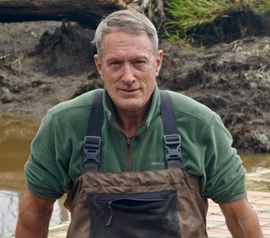 Skip Lisle is a Wildlife and Beaver Biologist, inventor, and entrepreneur who received a BS in Geography from Plymouth State (NH) and a MS in Wildlife Management from UMaine. His broad specialty is the history of beaver-created wetlands, their significance from a landscape perspective, and improving wildlife habitats. He began his professional Wildlife career working for the Penobscot Indian Nation in Maine inventing numerous beaver co-existence devices. These unique products, which are the sole intellectual property of the Penobscot Nation, allowed them to likely become the first large landowners (ca. 330,000 acres) in the world to beaver-proof all their roads (334 miles). Skip started his own business, Beaver Deceivers, LLC, in 2001, to continue advancing beaver coexistence devices.
Skip Lisle is a Wildlife and Beaver Biologist, inventor, and entrepreneur who received a BS in Geography from Plymouth State (NH) and a MS in Wildlife Management from UMaine. His broad specialty is the history of beaver-created wetlands, their significance from a landscape perspective, and improving wildlife habitats. He began his professional Wildlife career working for the Penobscot Indian Nation in Maine inventing numerous beaver co-existence devices. These unique products, which are the sole intellectual property of the Penobscot Nation, allowed them to likely become the first large landowners (ca. 330,000 acres) in the world to beaver-proof all their roads (334 miles). Skip started his own business, Beaver Deceivers, LLC, in 2001, to continue advancing beaver coexistence devices.
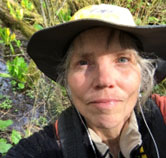 Allison Warner has served as the Wetland Program Coordinator, at Quil Ceda Village, in Tulalip, WA since 2008. A wetland and wildland ecologist, she maps, rates, and delineates wetlands, plans restoration and mitigation projects, as well as implements and maintains those projects. Allison assists Quil Ceda Village with strategic planning, federal and tribal permitting; and she developed the first tribal In-Lieu Fee program in the US for the Tulalip Tribes, which was signed by the Army Corps, EPA and Tulalip Tribes in 2013. Allison graduated from University of California Berkeley in 1993, with a Masters in Wildland Ecology from the UCB Forestry Department. She began her career in flood restoration and logging road decommissioning; conducting watershed analysis and ecological assessments for the US Forest Service in Washington State. Allison served on diversity committee for the Mount Baker Snoqualmie National Forest and also for Snohomish County, WA when employed there as a wetland biologist. Allison is non-tribal but has been a life-long supporter of tribal sovereignty.
Allison Warner has served as the Wetland Program Coordinator, at Quil Ceda Village, in Tulalip, WA since 2008. A wetland and wildland ecologist, she maps, rates, and delineates wetlands, plans restoration and mitigation projects, as well as implements and maintains those projects. Allison assists Quil Ceda Village with strategic planning, federal and tribal permitting; and she developed the first tribal In-Lieu Fee program in the US for the Tulalip Tribes, which was signed by the Army Corps, EPA and Tulalip Tribes in 2013. Allison graduated from University of California Berkeley in 1993, with a Masters in Wildland Ecology from the UCB Forestry Department. She began her career in flood restoration and logging road decommissioning; conducting watershed analysis and ecological assessments for the US Forest Service in Washington State. Allison served on diversity committee for the Mount Baker Snoqualmie National Forest and also for Snohomish County, WA when employed there as a wetland biologist. Allison is non-tribal but has been a life-long supporter of tribal sovereignty.
Please click only once on each video recording to view in this window.
Beaver Restoration by Federal Agencies
Held Wednesday, June 5, 2024 - 3:00 - 4:30 p.m. ET
INTRODUCTION
- Ian Grosfelt, National Association of Wetland Managers [Presentation - PDF]
PRESENTERS
- Brian Bangs, U.S. Fish and Wildlife Service [Presentation - PDF]
- Ashley Hom, U.S. Forest Service [Presentation - PDF]
- Ethan Ellsworth, Bureau of Land Management [Presentation - PDF]
BIOS
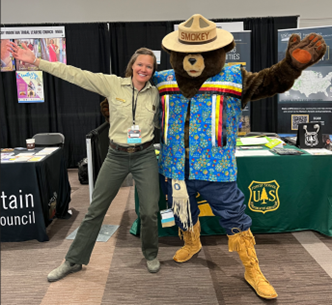 Ashley Hom is a Tribal and Indigenous Integrator with the U.S. Forest Service. She bridges Indigenous knowledge and environmental stewardship and ensures tribal perspectives are integrated into national partnerships while facilitating connections between federal agencies and tribal nations. Ashley recently aided in establishing the Indian Youth Service Corps (IYSC) to empower Indigenous youth and preserve traditional knowledge. Before her current role, Ashley spent over a decade as a Forest Service hydrologist, implementing large-scale restoration projects like the beaver-based efforts in Colorado’s Trail Creek. With this background in ecological restoration and scientific expertise combined with deep respect for Indigenous wisdom, her mission is to create an inclusive, holistic approach to land stewardship that honors the interconnectedness of all life and amplifies the invaluable insights of Indigenous communities.
Ashley Hom is a Tribal and Indigenous Integrator with the U.S. Forest Service. She bridges Indigenous knowledge and environmental stewardship and ensures tribal perspectives are integrated into national partnerships while facilitating connections between federal agencies and tribal nations. Ashley recently aided in establishing the Indian Youth Service Corps (IYSC) to empower Indigenous youth and preserve traditional knowledge. Before her current role, Ashley spent over a decade as a Forest Service hydrologist, implementing large-scale restoration projects like the beaver-based efforts in Colorado’s Trail Creek. With this background in ecological restoration and scientific expertise combined with deep respect for Indigenous wisdom, her mission is to create an inclusive, holistic approach to land stewardship that honors the interconnectedness of all life and amplifies the invaluable insights of Indigenous communities.
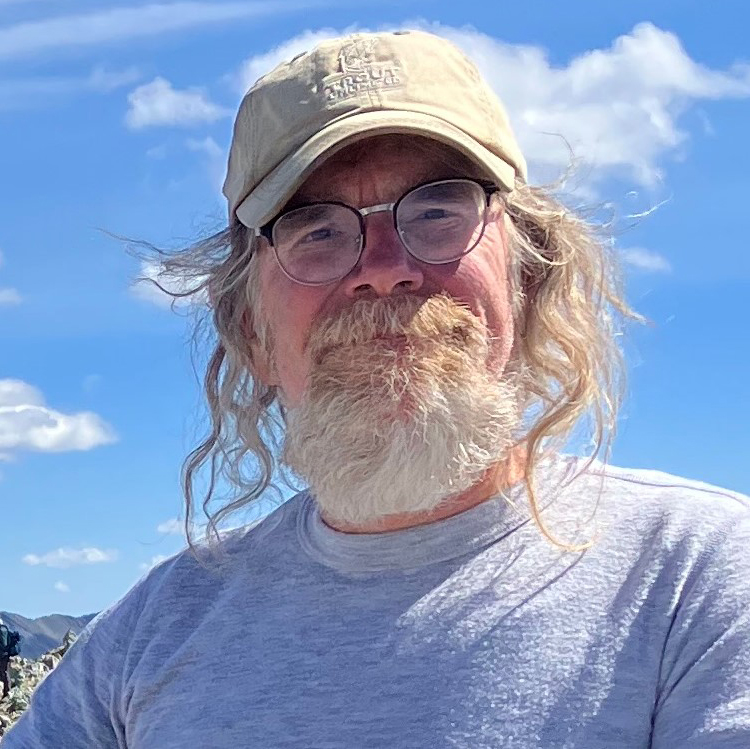 Ethan Ellsworth is the Program Lead for BLM Idaho's Aquatic Resources and Threatened and Endangered Species Programs. Stream restoration is a major focus of Ethan's job, and working with partners to reintroduce beaver to degraded watersheds is particularly rewarding. Ethan grew up in Wisconsin where he spent as much time as possible on the water. He has a B.S. in Biology Wisconsin-Oshkosh, a M.S. in Raptor Biology from Boise State, and a Ph.D. in Wildlife Resources from University of Idaho.
Ethan Ellsworth is the Program Lead for BLM Idaho's Aquatic Resources and Threatened and Endangered Species Programs. Stream restoration is a major focus of Ethan's job, and working with partners to reintroduce beaver to degraded watersheds is particularly rewarding. Ethan grew up in Wisconsin where he spent as much time as possible on the water. He has a B.S. in Biology Wisconsin-Oshkosh, a M.S. in Raptor Biology from Boise State, and a Ph.D. in Wildlife Resources from University of Idaho.
Please click only once on each video recording to view in this window.

Navigating the Permitting and Regulatory Environment of Beaver-Related Projects: A Panel Discussion
Held Wednesday, March 13, 2024 - 3:00 p.m.-4:30 p.m. EDT
INTRODUCTION
- Ian Grosfelt, National Association of Wetland Managers [Presentation - PDF]
PANELISTS:
- Adam Burnett, The Beaver Institute
- Alexa Whipple, Methow Beaver Project
- Rob Walton, The Beaver Institute
- Mike Callahan, The Beaver Institute
BIOS
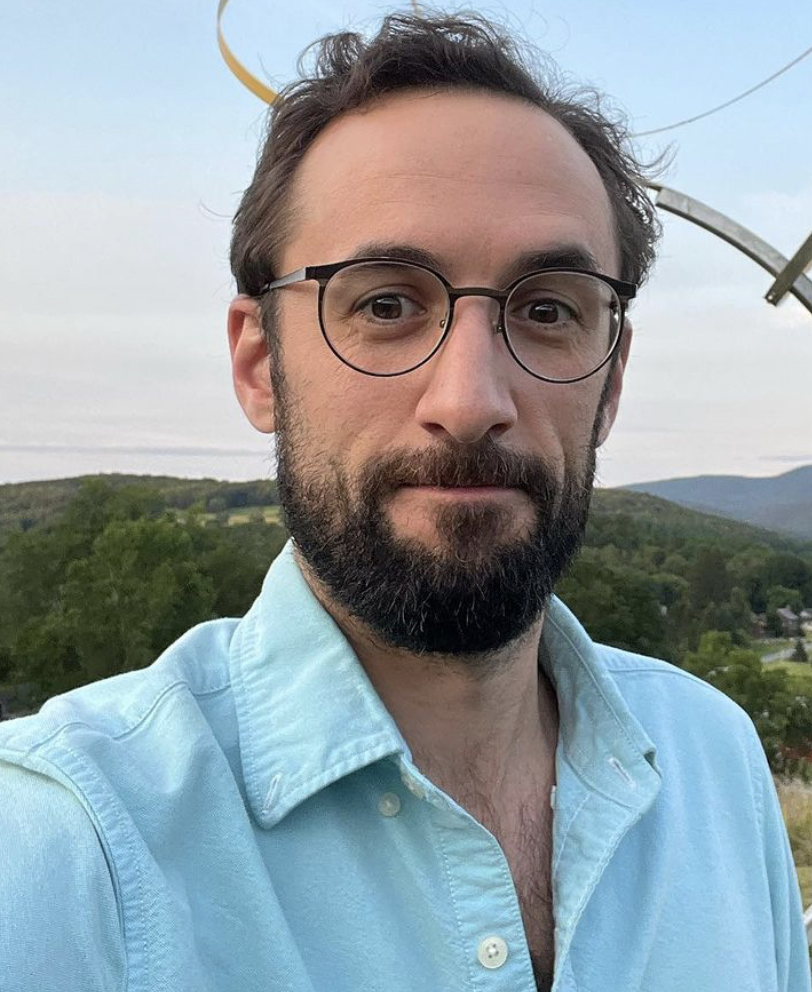 Adam Burnett serves as the executive director of the Beaver Institute after a career of building and running non-profits in the performing arts and environmental conservation. He received his BA from the University of Kansas in Theatre and spent a dozen years as the co-founder and artistic director of Buran Theatre. Stewarding intentional communities, reaching consensus, and manifesting opportunities for plurality are traits he relies upon in leading Beaver Institute.
Adam Burnett serves as the executive director of the Beaver Institute after a career of building and running non-profits in the performing arts and environmental conservation. He received his BA from the University of Kansas in Theatre and spent a dozen years as the co-founder and artistic director of Buran Theatre. Stewarding intentional communities, reaching consensus, and manifesting opportunities for plurality are traits he relies upon in leading Beaver Institute.
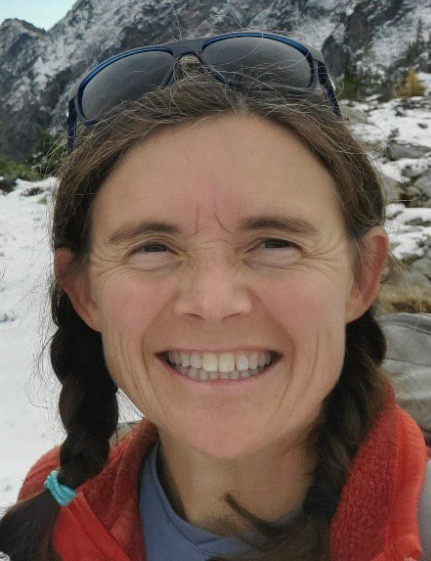 Alexa Whipple is a restoration ecologist, a collaborator, and the Project Director for the Methow Beaver Project. She works for sustainability in all practices and effective, process-based solutions to challenging environmental conditions. She has called the Methow and Okanogan River watersheds of WA State home for the last 23 years but has worked across the western US studying songbirds, carnivores, plant communities, agricultural practices that sustain habitat and wildlife, and post-wildfire recovery of western riverscapes. Alexa completed her BS in Wildlife Biology at Virginia Tech and MS in Restoration Ecology at Eastern Washington University where she focused on beaver ecology and beaver mediated restoration of legacy degraded and wildfire impacted streams across western NA.
Alexa Whipple is a restoration ecologist, a collaborator, and the Project Director for the Methow Beaver Project. She works for sustainability in all practices and effective, process-based solutions to challenging environmental conditions. She has called the Methow and Okanogan River watersheds of WA State home for the last 23 years but has worked across the western US studying songbirds, carnivores, plant communities, agricultural practices that sustain habitat and wildlife, and post-wildfire recovery of western riverscapes. Alexa completed her BS in Wildlife Biology at Virginia Tech and MS in Restoration Ecology at Eastern Washington University where she focused on beaver ecology and beaver mediated restoration of legacy degraded and wildfire impacted streams across western NA.
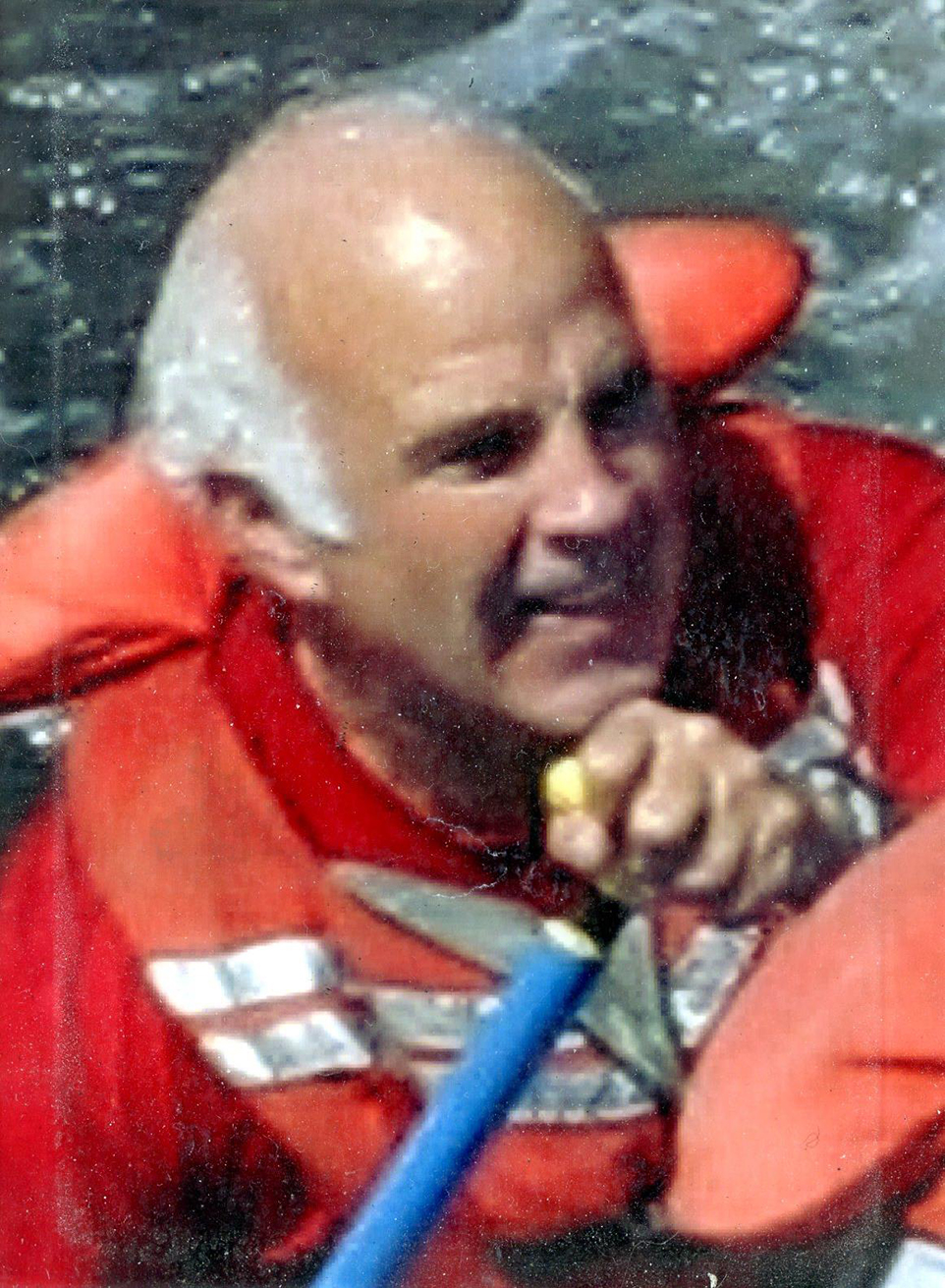 Rob Walton currently serves as the co-chair of the Beaver Institute’s Policy/ Legal National Working Group. He is retired from NOAA’s fisheries service where he focused on salmon recovery. Rob continues to work on the recovery of ESA-listed salmon species through restoration and protection of habitat- especially beaver modified habitat.
Rob Walton currently serves as the co-chair of the Beaver Institute’s Policy/ Legal National Working Group. He is retired from NOAA’s fisheries service where he focused on salmon recovery. Rob continues to work on the recovery of ESA-listed salmon species through restoration and protection of habitat- especially beaver modified habitat.
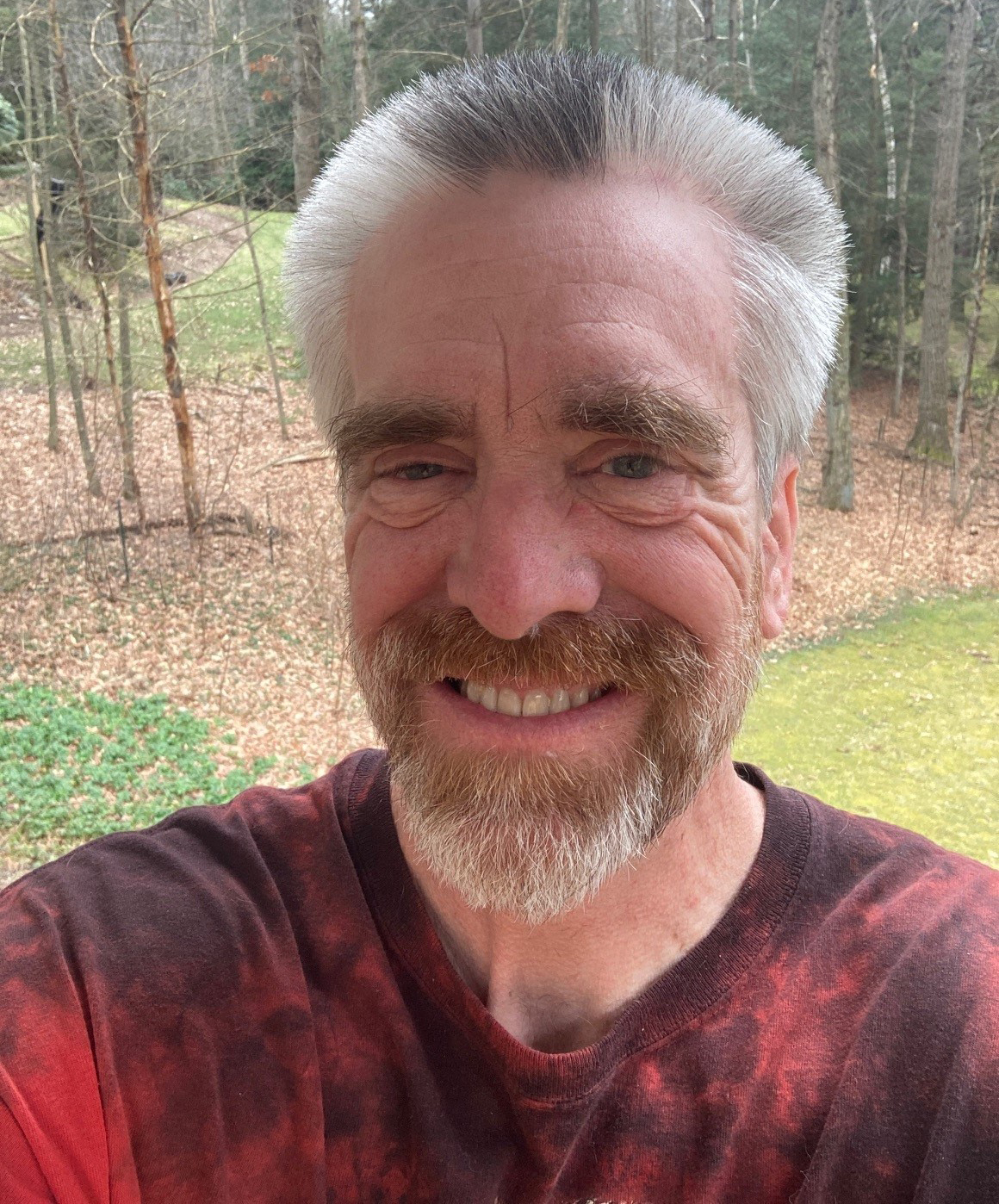 Mike Callahan began his beaver management work in 1998, started his Massachusetts-based business Beaver Solutions LLC in 2000 and has personally resolved over 2,000 beaver-related flooding problems using innovative water control devices. To share his vast experience and train others across North America and beyond he founded the nonprofit Beaver Institute in 2017 and developed its BeaverCorps Program that trains and certifies Beaver Wetland Professionals.
Mike Callahan began his beaver management work in 1998, started his Massachusetts-based business Beaver Solutions LLC in 2000 and has personally resolved over 2,000 beaver-related flooding problems using innovative water control devices. To share his vast experience and train others across North America and beyond he founded the nonprofit Beaver Institute in 2017 and developed its BeaverCorps Program that trains and certifies Beaver Wetland Professionals.
Mike shared his wealth of knowledge on various beaver management techniques, some examples of effective permitting processes, as well as examples of the often confusing, conflicting and counter-productive permitting processes that he and others across North America encounter on a regular basis.
Please click only once on each video recording to view in this window.
